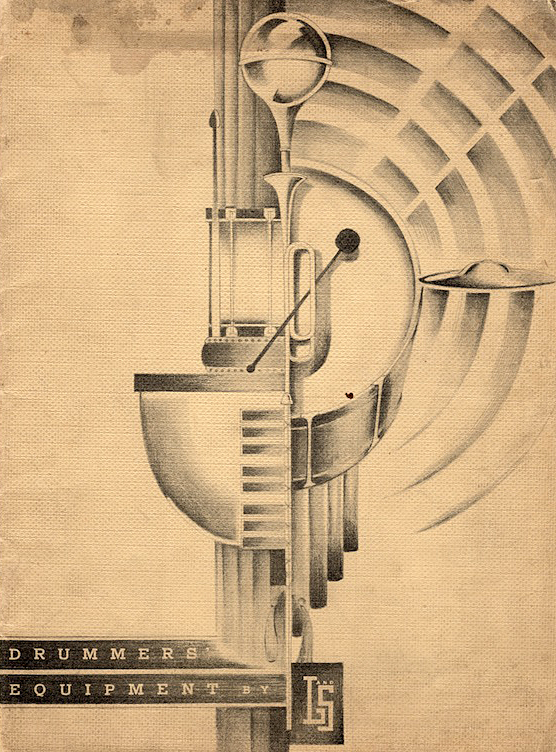In October, 1929, an ailing U.G. Leedy sold Leedy Manufacturing to band instrument giant C.G. Conn Ltd. For the next 9 months, Leedy drum building was in a state of transition. In August of 1930, the Elkhart factory was up and running. In those intervening months, Conn sent in a supervisor, Ed Cortas, and many employees came and went. Leedy himself hoped that his 100 loyal employees would have jobs in Elkhart, but many of them did not or could not or, more probably would not, move. U.G. decided to create another company called General Products. Concerned that the Depression would not bring in drum sales, Leedy wanted General Products to make other products as well. But, they would make drums. The legend has become fact. He wanted to name the company Leedy & Sons. He had two sons—Eugene and Edwin, later called Hollis. Conn had just spent $900,000 in cash to buy the Leedy name, so there could be no use of that name outside the drums now made by Conn.
Best place to order essay online.
I have only seen one Strupe drum, but have seen publicity shots of others.
Mr. Leedy bought a former dairy building and started the process of turning it into a drum factory. Some of it was completed when he died in January, 1931. His widow gave this fledgling company the funds to complete the woodworking shop. Edwin joined as Secretary Treasurer. Eugene did not become involved.
Leedy and Sons became L&S and we now think that L&S also stood for Leedy & Strupe. One of the former key Leedy employees who did not leave Indianapolis, at that point, was Cecil Strupe, the engineer. He was named president of L&S. In the earliest days of production, there were also Strupe badged drums. It may have been an attempt to circumvent the Leedy name while promoting Strupe’s name since he was known to drummers thanks to frequent mention in the Leedy Topics.
Today’s catalog was made in 1936. It is the only L&S I have found. I have seen brochures, and I think this company deserves honorable mention in American Drum History. L&S drums were sold nationally by mail through Chicago Musical Instruments. Chicago Musical Instruments had formerly sold Ludwig & Ludwig drums through their catalog, but that deal soured when Conn bought Ludwig as well. So, the catalog sales company needed a new drum supplier. If you lived in Indianapolis, you could stop by the factory and buy from their showroom. Famed California jazz drummer Benny Barth, told me about that. An L&S snare was his first drum. L&S made drums, timpani, bells and other mallet instruments, but the products just always seemed a notch below Leedy in quality. You can see imperfections in the cast lugs, from the dies. The drum rods were hex headed, calling for a special key. I would say that like the Cecil Strupe designs for Leedy, we see the same kind of toggle crazy, and thin metal/weak spot strainer inventions on L&S snare drums.
The popular high end snare drum during the middle years was called the Dictator, which was probably not a wise choice during the Hitler and Mussolini years. I see example of L&S drums pretty regularly on eBay and they seem to come from all parts of the country, which may give proof to the scope of sales from Chicago.
The company was never a success, but it hung on and had an interesting ending. Strupe left the company and moved to Chicago where he went to work for WFL. Edwin Leedy sold the company to a music store owner who marketed the ready made products through his store. He changed the name to the Indiana Drum Company. At some point in the early 40s, Sears and Roebuck had a connection with Indiana Drum, using the name Drum Master and then may have bought the machinery and designs. Sears advertised that they had a factory in Chicago, and, in the one Sears Drum catalog I have seen (check out Drumarchive.com to see it), you can see L&S drums, no matter what they were called.
I am sure World War II ended Sears' need to have a drum manufacturing plant. After the war, they struck deals with Kent and Japanese manufacturers to have drum sets for sale in their catalogs.
But for 10 years, Leedy Indianapolis alums were building L&S "Drummers Equipment” and hoping for the best.
-Harry

